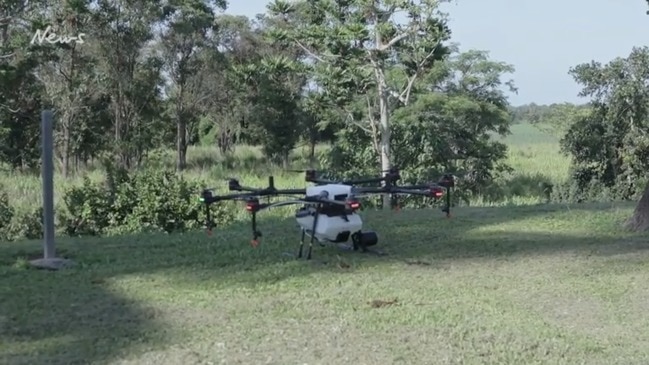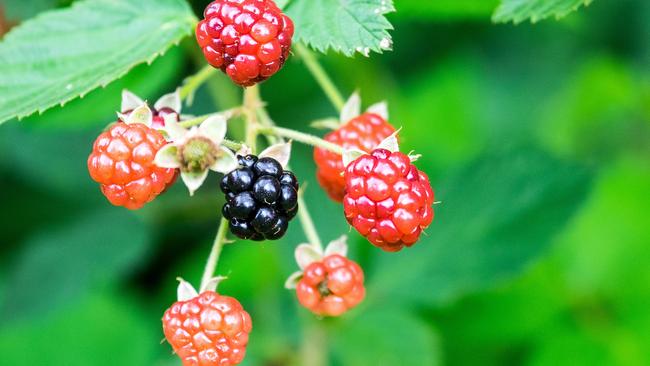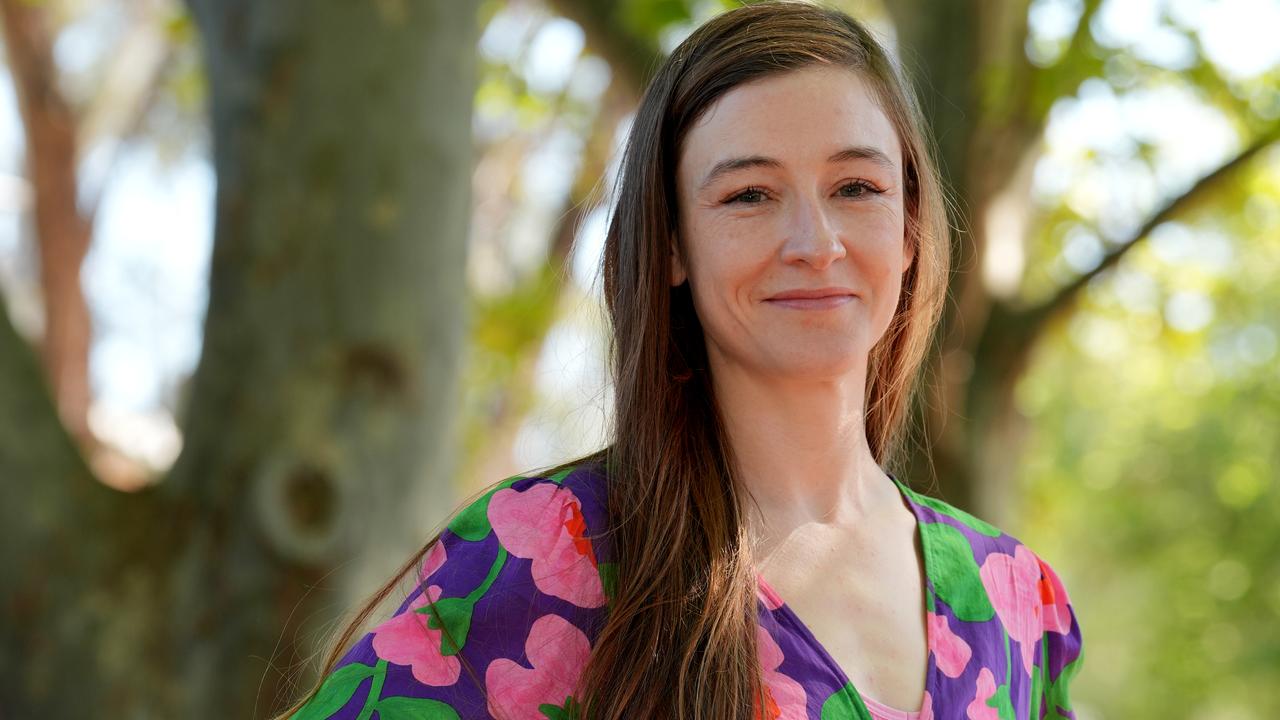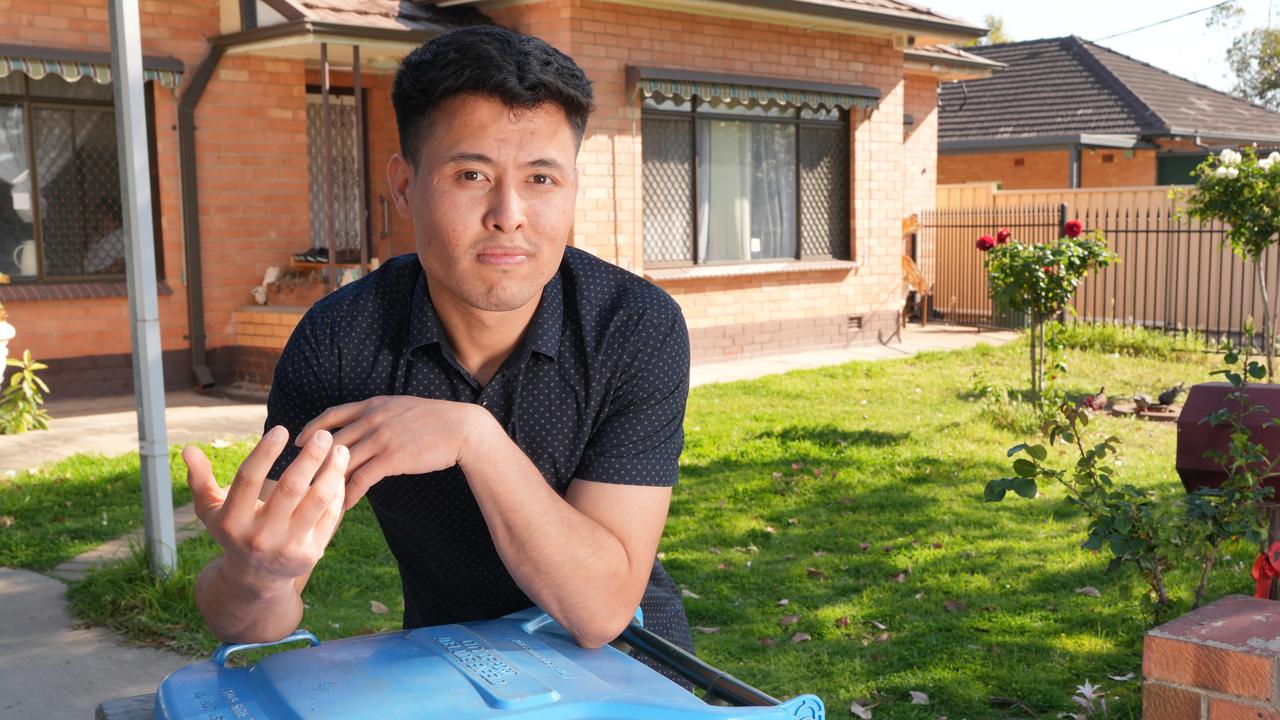Don’t eat wild blackberries, they’ve likely been sprayed with poison, SA environment dept says
Ripe blackberries might look tempting as you hike SA’s bush trails – but they very likely have been sprayed by poison.

SA News
Don't miss out on the headlines from SA News. Followed categories will be added to My News.
Families have been warned by the Environment Department about a poisonous herbicide spraying program to halt the spread of the European blackberry weed.
As the fruit ripens over the next month, foraging should be carried out only on land not under the control of the department.
“The end of summer and start of autumn rings in blackberry-fruiting season. As berries ripen they change colour from green, to red, to black,’’ the spokesman said.
“You can spot blackberry shrubs while enjoying South Australia’s Mount Lofty Ranges in Belair National Park or Cleland Conservation Park along the popular Waterfall Gully to Mount Lofty summit hike.
“To control the sprawling European blackberry shrub, regular chemical spraying is carried out in our parks and reserves, and by councils across the state.
“The potentially poisonous chemical spray is absorbed into the plant through the leaves and, or, its roots.”
Some of the poisons used by the Environment Department, including Tordon and Roundup, have been banned in some parts of the world as dangerous to humans.

The spokesman said foragers should also check on non-government land in case spraying had occurred.
He said non-government infestations could be found on the Eyre Peninsula, scattered locations along the Adelaide and Mount Lofty Ranges, as well as forests in the South East, isolated infestations in the Riverland, Kangaroo Island, the Mid North and Yorke Peninsula.
The European blackberry is dangerous because it crowds out native vegetation, is a high user of water, promotes soil erosion, and provides food and shelter for pest animals such as foxes and blackbirds.
“There are 15 species of the weedy blackberry from Europe seen across SA and it is regarded as one of the worst weeds in Australia,’’ he said.




